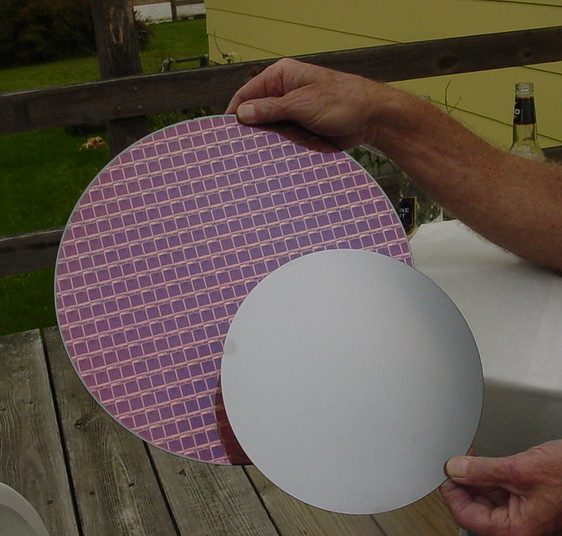Podcast: Play in new window | Download
Subscribe: Apple Podcasts | RSS
- After using it for his move, Chris realized he was co-dependent with label printer (QL-1050)
- USB A (was wrong, Chris was actually talking about USB Type B recepticles)
- Barnaclues broke off a USB connection and Dave cheered him on to try out soldering it back on
- Chris has been trying out putting M.2 modules and connectors and posting about his learnings on Twitter. The discussion was inspired by work from @timonsku, who was a guest on The Contextual Electronics podcast.
- Some companies like Blues Wireless and Sparkfun’s MicroMod don’t use the actual standard, they just use the low cost connector.
- This is commonly done with re-using low cost cables (DB9, ethernet, etc)
- Andy Weir has a new book out called Project Hail Mary
- Firefox movie
- M.2 on Wiki
- PCIe is meant to be 85 ohm characteristic impedance. This is different than USB (90 ohms) and many ethernet connections (100 ohms)
- Error rate
- Dave showed that the BM786 multimeter can be factory reprogrammed and viewers got upset
- Is 121GW is the most open DMM?
- Humans are the problem
- Past guest Nash Reilly wrote about why he might not be releasing a v2 of the bFunc. It’s a good discussion of the economics of hardware (which Dave has made a video about in the past) and how the test equipment market has special considerations.
- Saleae does a lot of value-add in terms of software. We had Mark and Joe on the show when they were moving towards the Logic Pro line.
- Dave’s 10 MHz DDS function generator
- AD9837
- Some test companies get better results by binning. There is a maker who measures LTZ1000 and bins/trims them as a business, selling the output.
- Sometimes their competitive advantage is scale: buy more parts (especially fancy custom parts) and you can get more margin.
- Vishay is removing the laser markings from precision resistors
- Getting Product Change Notifications can be stressful. We find ourselves opening emails uttering, “PLEASE be a die shrink”
- AOI – Automated Optical Inspection
- ESP32-H2 will have support for 802.15.4, thread, ZigBee. The ESP32-C3 is out now and has a single core RISC V processor. Chris thinks this is the first RISC V many people will get.
- Former guest Bil Herd released a book about his time at Commodore
- Former guest Chris Denney does a podcast for Worthington Assembly (with Circuit Hub). They just did an episode about “Small PCB layout decisions that have a significant impact on assembly”, which was really great!


Most common consumer side part that almost nobody ever does a firmware update on is mass storage, as both spinning and solid state drives have firmware that can be updated in the field, but which almost invariably never is done.
Same for computers, almost nobody will update the BIOS on them, unless it is absolutely needed, like Dave needed for a recent build to get support for a new processor.
Mobile phones are unique, in that updates are going to be done for a short while after release, till it goes out of support, leaving vulnerable devices in the billions in use. Unique in that the update is built into the device to run all the time, and it does do it unless you go change the default behaviour, to turn it off, or at least make updates an optional thing.
What degraded my appearance from George Clooney’esq to Yoda’s scrotum is 40 years of design and manufacture with a permanent knot in my plumbing waiting for two acronyms – EOL and MOQ . Both have nearly broken the company on many occasions . Now I’ll go to the grave with their new friend – Lead time 🥴
Before Espressif there has been GigaDevice’s GD32F103RBT6. Which is a clone of a popular mcu (I’m sure you can guess which one), but they also make the GD32VF103RBT6. Which is the same peripheral set but with a RISC-V core swapped in.
There’s definitely an impulsive entitled generational mindset today.
When people want something, they buy it then feel owed more. There’s no research or personal accountability for their economic ‘votes’. The thought of simply NOT buying a thing because it’s too expensive or it doesn’t have a feature never pops into their heads. The thought of researching repair costs BEFORE buying something is crazy to them.
EULAs are great examples “Well you don’t expect me to read all of this before I agree to things, do you?”
99% of Apple phone owners KNOW all about their business practices going in…. they still buy and complain.
Who’s to blame?